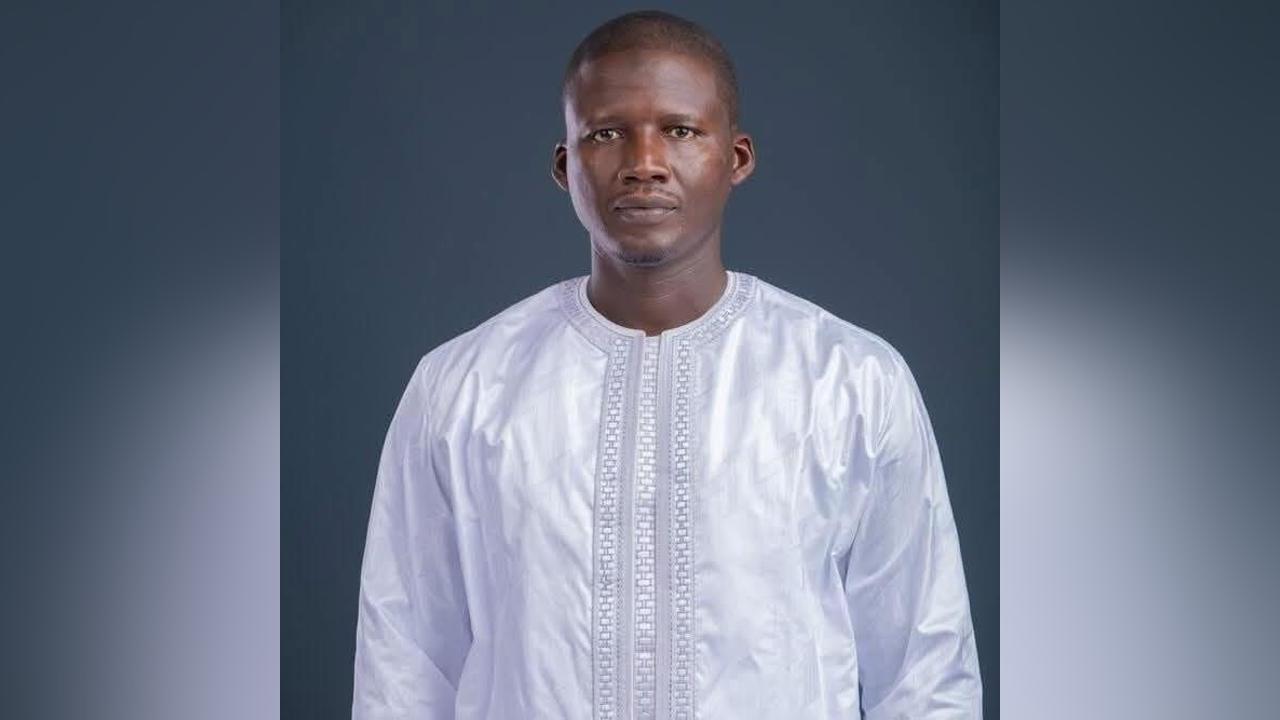Africa-Press – Gambia. Alhaji Mamadi Kurang, the former secretary of the Janneh Commission, testified before the National Assembly Select Committee on Wednesday, revealing that the financial operations of the Commission were overseen and controlled by the Ministry of Justice.
Kurang appeared before the committee investigating the sale and disposal of assets belonging to former President Yahya Jammeh. During his testimony, he stated that all financial requests from the Commission had to be routed through the Ministry of Justice.
Lead Counsel Lamin M. Dibba began the session by asking Kurang to confirm whether he was the Commission’s first secretary. “I would like to confirm whether you are the first secretary to the commission,” the counsel asked.
The witness stated that he was the first Secretary of the Janneh Commission and that his appointment was made through Legal Notice No. 15 of 2017.
Counsel Dibba asked the witness whether he had any prior engagement with the appointing authority before the issuance of the said legal notice.
In response, the witness testified that he held a meeting with the Attorney General (AG), during which he was informed that he had been identified as a potential candidate for the position of Secretary to the Commission. He said the AG inquired whether he would be willing to accept the appointment.
According to the witness, the AG explained that they were seeking a candidate who fit a specific profile. This included someone who had not worked directly with former President Yahya Jammeh, had not held any official position during the APRC regime, had lived and worked in The Gambia throughout the 22-year period, was not a direct victim of the former president, and had a solid understanding of finance.
Counsel Dibba further informed the witness that the Committee wished to understand the steps that were taken in the establishment of the Commission.
The witness stated that he initially held a meeting with the commissioners to provide them with an understanding of the scope and financial implications involved in conducting an inquiry of such magnitude into the former president’s dealings.
“In the meeting, we discuss what we need; the chairman leads the meeting, and he lays out what we need in terms of staffing, in terms of files, and in terms of nomenclature. I was taking the notes as the secretary,” he said.
He further explained that the meeting also clarified the specific roles and responsibilities of each member, including the chairperson, commissioners, secretary, and legal counsel. It also served to set expectations for the proceedings of the commission.
Counsel Dibba also questioned the witness about whether any discussions were held regarding the administrative protocols to be followed during the Commission’s tenure.
In response, the witness outlined several items that were discussed in the meeting, including the essential requirements needed to begin operations. These, he said, included a security team, support staff, vehicles with drivers, appointment letters, copies of the gazetted Terms of Reference (TOR), stationery, and two laptops equipped with Internet dongles, among other necessities.
Counsel Dibba then asked, “So the commission never has a working budget?”
The witness replied: “There was a discussion among the members of the commission and the lead counsel about a budget, and I remember myself and one of the commissioners, who is also an accountant, Abioseh George, starting work on a budget based on this meeting to see how much these items would cost. We did that and shared it with the AG and the members, but I think along the way we were made to understand that the budget would be under the control of the ministry, and we would be making requests as and when we required.”,
He explained that what they had prepared was merely a proposal, which would only become an official budget upon approval by the government. He added that he was not aware of whether it had ever been formally approved.
“We were told that there is a budget there for us. There is an accountant by the name of Alhagie Babu who was at the Ministry of Justice for most of the time when we needed these things. He was responsible for getting us this and our allowances, or anything else we needed. As far as I could remember, he was the accounting officer of the Ministry of Justice,” the witness explained.
When Counsel Dibba asked whether the accountant was stationed at the Commission or at the Ministry, the witness responded that the accountant was not based at the Commission and only visited when he had something to deliver.
The witness explained that, under the commission’s administrative structure, the accountant was supposed to fall under his department. However, the accountant was not stationed at the commission itself, but rather operated from the Ministry.
He further stated that whenever the commission required resources, a formal request was submitted in writing—typically signed by either himself or the Chairperson—and addressed to the Attorney General or Solicitor General. Upon receiving the request, they would then instruct the accountant to provide the necessary support.
“Whatever the commission needed was provided; was that the case? Counsel Dibba asked.
“Whatever we need, we will request from them, and eventually it gets provided,” the witness said.
The witness stated that, in their view, lacking control over the budget meant the commission could not have full autonomy over its operations.
“And there was a little bit of back and forth, but I think the attorney general eventually made it clear that commissions are set up and budgets are supposed to be controlled by the Ministry of Justice,” the witness testified.
For More News And Analysis About Gambia Follow Africa-Press






